ECB keeps monetary policy unchanged as widely expected. Main refinancing rate is kept at 0.00%. Marginal lending facility and deposit facility rates are held at 0.25% and -0.40% respectively.
Forward guidance is changed to reflect the possibility of lower interest rates. That is, interest rates are expected to “remain at their present or lower levels at least through the first half of 2020”.
Also ECB “stands ready to adjust all of it instruments” if “medium-term inflation outlook continues to fall short of its aim”
Full statement here.
Monetary Policy Decisions
At today’s meeting the Governing Council of the European Central Bank (ECB) decided that the interest rate on the main refinancing operations and the interest rates on the marginal lending facility and the deposit facility will remain unchanged at 0.00%, 0.25% and -0.40% respectively. The Governing Council expects the key ECB interest rates to remain at their present or lower levels at least through the first half of 2020, and in any case for as long as necessary to ensure the continued sustained convergence of inflation to its aim over the medium term.
The Governing Council intends to continue reinvesting, in full, the principal payments from maturing securities purchased under the asset purchase programme for an extended period of time past the date when it starts raising the key ECB interest rates, and in any case for as long as necessary to maintain favourable liquidity conditions and an ample degree of monetary accommodation.
The Governing Council also underlined the need for a highly accommodative stance of monetary policy for a prolonged period of time, as inflation rates, both realised and projected, have been persistently below levels that are in line with its aim. Accordingly, if the medium-term inflation outlook continues to fall short of its aim, the Governing Council is determined to act, in line with its commitment to symmetry in the inflation aim. It therefore stands ready to adjust all of its instruments, as appropriate, to ensure that inflation moves towards its aim in a sustained manner.
In this context, the Governing Council has tasked the relevant Eurosystem Committees with examining options, including ways to reinforce its forward guidance on policy rates, mitigating measures, such as the design of a tiered system for reserve remuneration, and options for the size and composition of potential new net asset purchases.
The President of the ECB will comment on the considerations underlying these decisions at a press conference starting at 14:30 CET today.




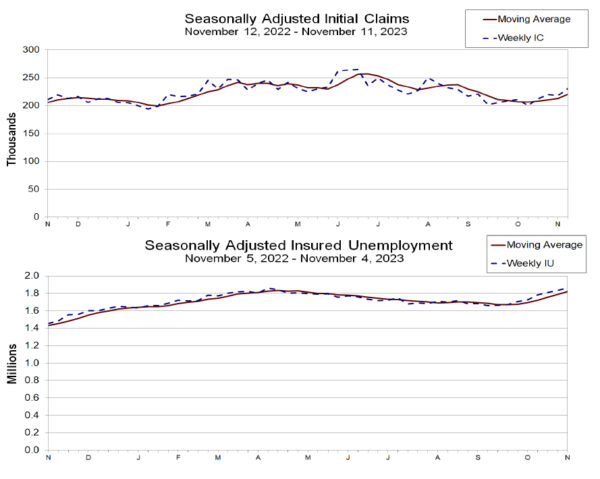
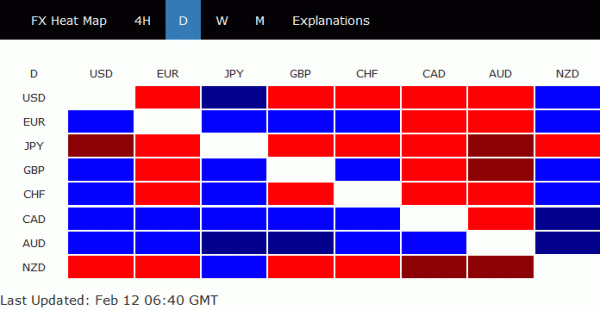
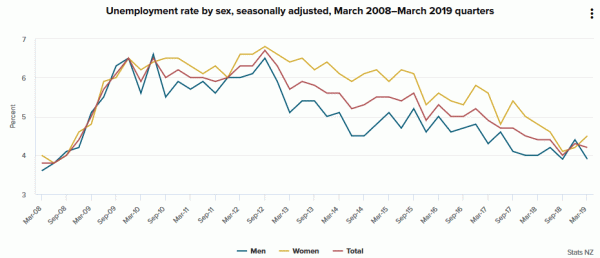
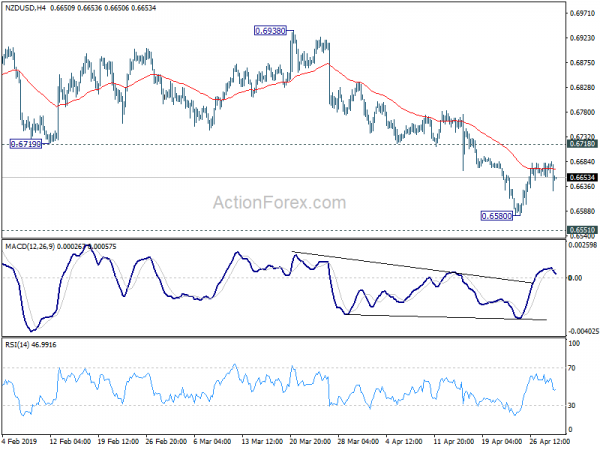
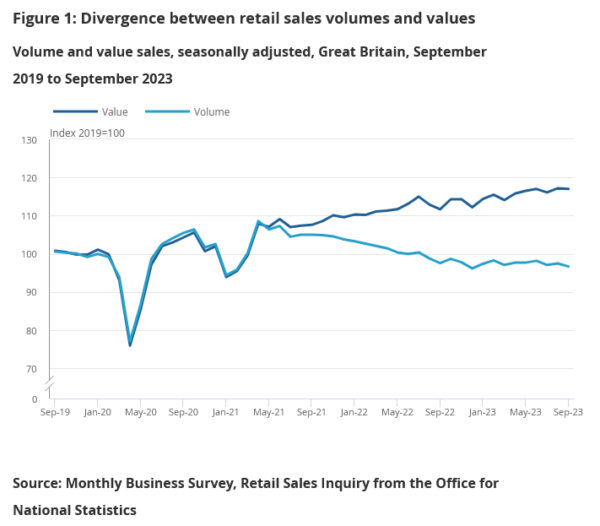
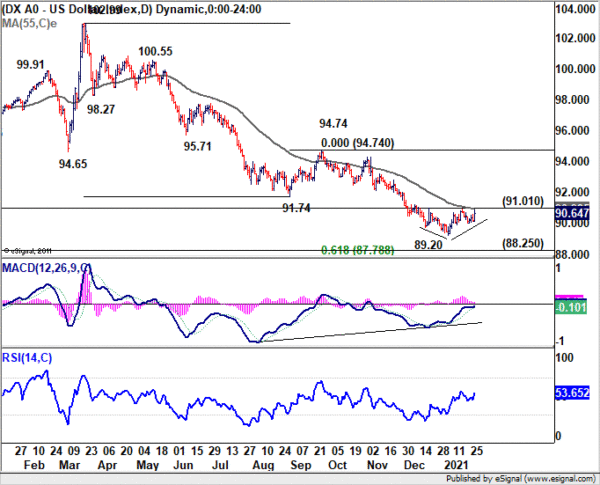
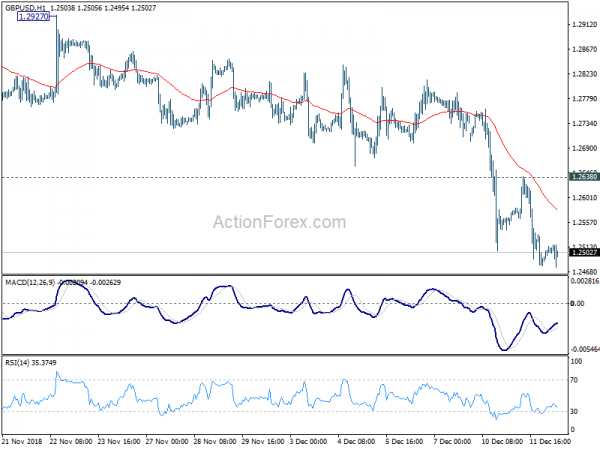
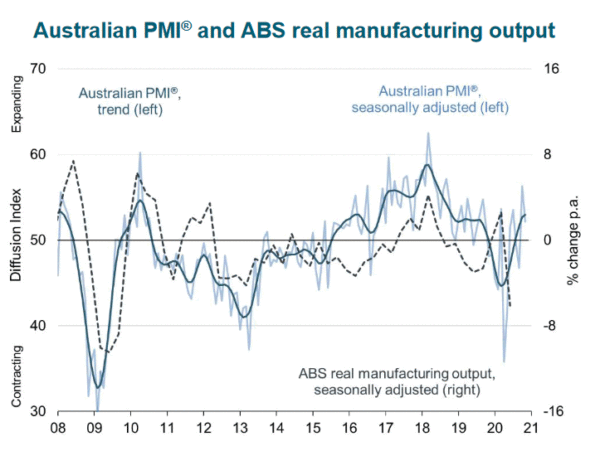
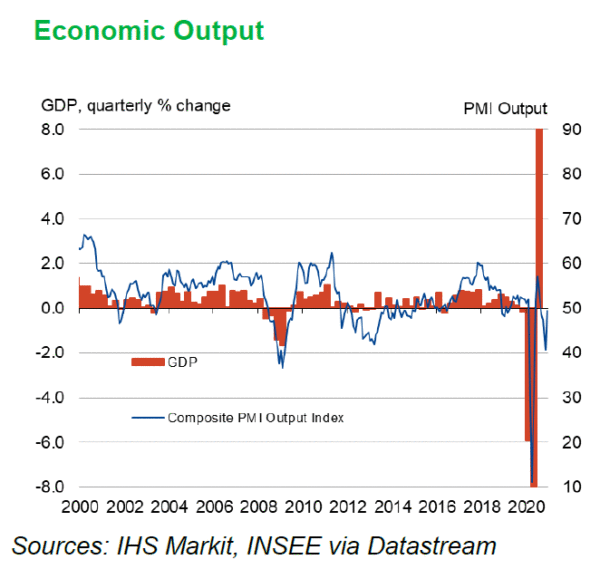
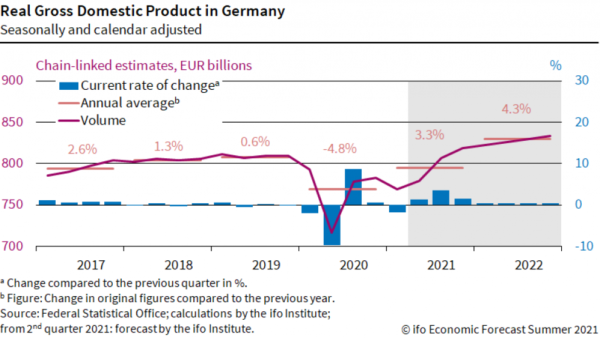
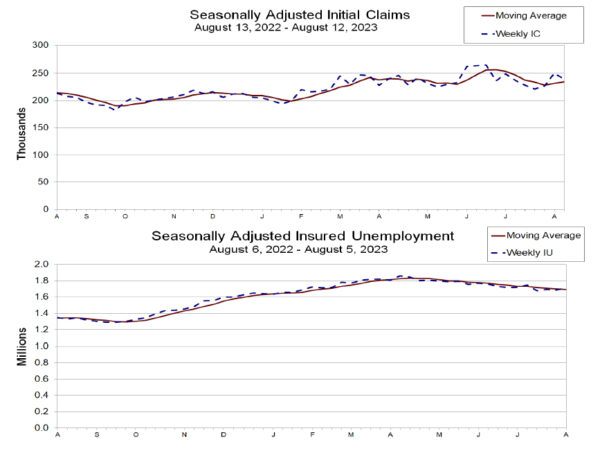
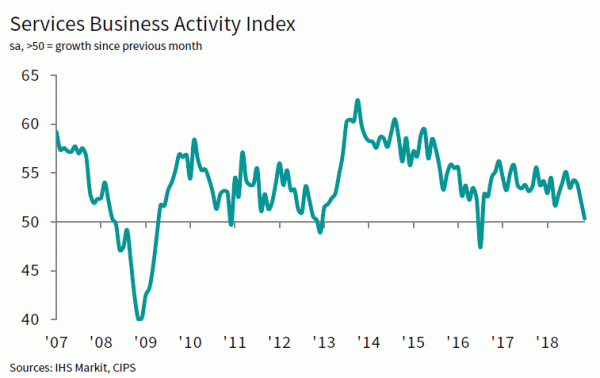

Fed Bostic: Lack of hitting inflation target not a material failure
Regarding market pricing of Fed’s rate cut, Atlanta Fed President Raphael Bostic told CNBC that “the market is ahead of where I am”. And, “I would say I’m not expecting a rate cut to be imminent, certainly not by September. Things would need to happen in order for that to play out.”
On inflation, Bostic noted “in general, my view is as long as we don’t see inflation running away, that would the sign that our policy is basically at a neutral level”., And, “we could sustain that for a long time and we don’t have to move.”
On the other hand, Bostic was also unconcerned with downward inflation pressure. He said “I’m not super-concerned about that today, and mainly it’s because when you look at inflation expectations, they haven’t started to trail away in a significant way away from our target”.
Nevertheless, he added, “if I started to see a trend moving away to one and a half or one and a quarter [percent] for inflation expectations, then I’d be concerned. But right now, I don’t see our lack of hitting that target … as being a material failure.”